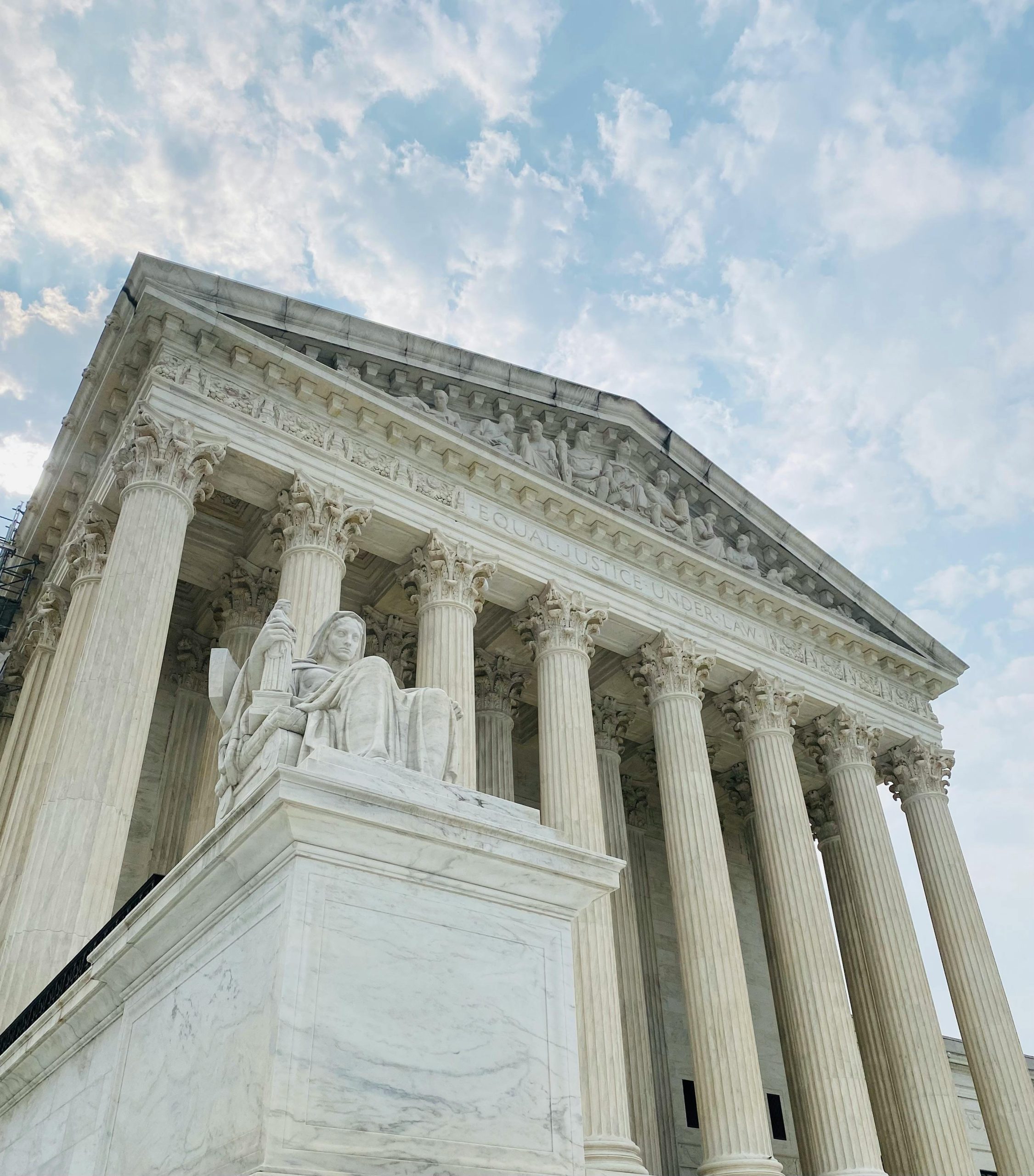What to do if you’re placed on administrative leave
 Being placed on administrative leave can feel like limbo – you still have your job, but you’ve been told to stay away from your workplace, and perhaps your colleagues, often for an unknown amount of time. In this difficult situation, it’s important to learn about your legal rights and proceed cautiously with your workplace relationships to safeguard your career and well-being.
Being placed on administrative leave can feel like limbo – you still have your job, but you’ve been told to stay away from your workplace, and perhaps your colleagues, often for an unknown amount of time. In this difficult situation, it’s important to learn about your legal rights and proceed cautiously with your workplace relationships to safeguard your career and well-being.
What is administrative leave, and why does it happen?
Administrative leave is when an employer removes an employee from the workplace and their job duties temporarily but, typically, continues to provide the employee with their salary and benefits. A person on administrative leave is still employed, and most employers distinguish between a non-disciplinary administrative leave and a disciplinary suspension. Administrative leave often happens when there is an allegation of misconduct against an employee. An employer may place an employee on leave to investigate allegations or to address concerns about disruptiveness or dangerousness in the workplace. In Massachusetts, where an employee must be paid in full on the day of termination, employers will sometimes place an employee on a short administrative leave pending a known termination date in order to ensure that they can comply with the Wage Act by providing full payment on the last day of work. Administrative leaves can also be mutually agreed on in some circumstances, like a sabbatical or unpaid leave.
 Boston Lawyer Blog
Boston Lawyer Blog

















